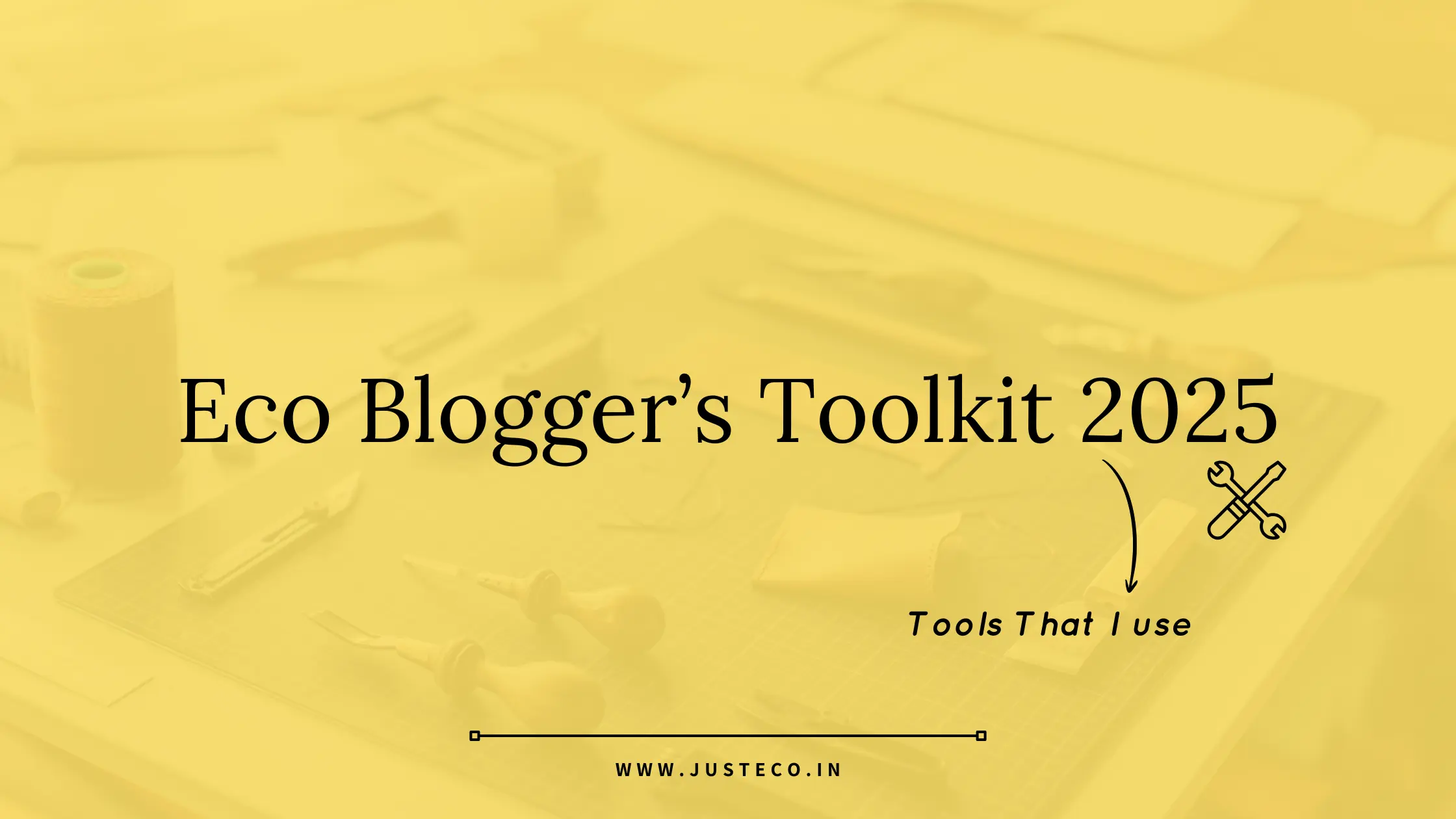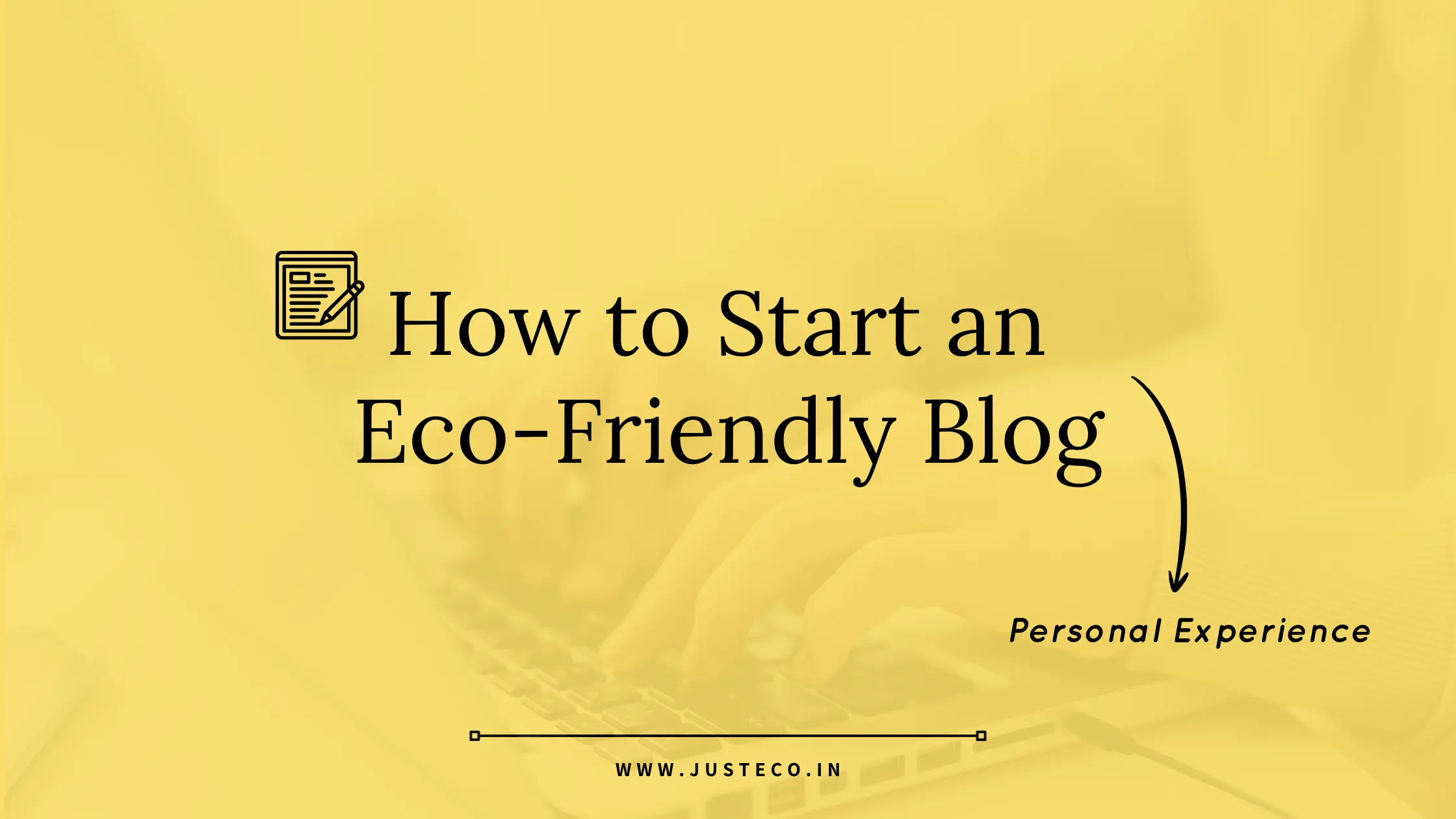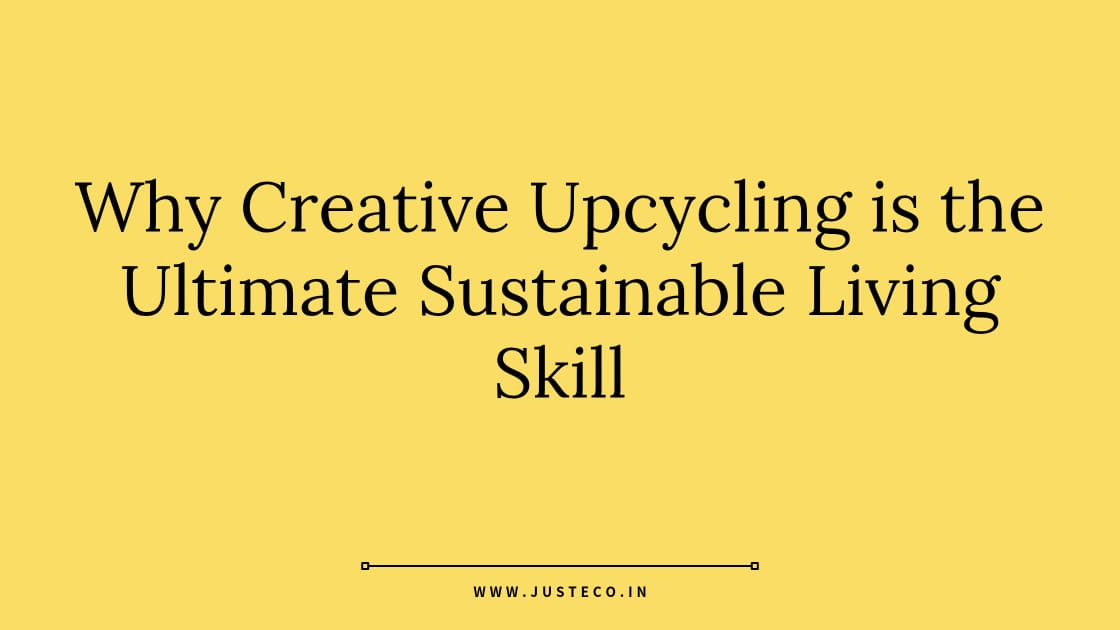Our everyday lives involve the usage of at least a sustainable resource or natural resource. From cooking food to getting shelter to live under, we need natural resources to survive on this planet.
A country’s resources can be preserved for future generations if we follow sustainable living methods while using them. However, many people are misusing these resources. This may lead to the depletion.
When the resources are depleted, the effects are terrible, and they will cause the ecosystem serious harm that we may not be able to reverse. Let’s explore the benefits of sustainable usage of natural resources.
Table of Contents
ToggleWhat Are Natural Resources?
Natural Resources, as the name implies, come from nature and are useful for the growth and needs of living beings. These are usually raw materials. For example, air, water, energy, ecosystems, oil, natural gas, and metals are all natural resources.
Natural resources contain both renewable resources and non-renewable resources. While we know that overusing non-renewable resources, such as petrol, natural gas, etc., may lead to their depletion, we often ignore the fact that overusing renewable resources is also not good! Our actions may affect the quality of air and damage the climate. We are already experiencing many climate changes and heat waves.
What is the Sustainable Use Of Natural Resources?
Using natural resources in a way that does not harm the environment is known as sustainable use. Sustainable use attempts to ensure that we have an adequate supply of natural resources. Simply, sustainable use implies that we do not take more than we need and that we leave plenty for others to utilize as well.
Sustainable usage is distinct from conservation, which seeks to preserve what exists today – frequently through preservation or protection – rather than fostering expansion. It may sound difficult, but it’s not! When we can utilize sustainability even in oral care, we can definitely follow it when using natural resources.
Why is Sustainable Use of Natural Resources Important?
1. They Can Consume a Lot of Energy
Many people think that as natural resources come from nature in raw form, they are naturally eco-friendly. This may not be true for every resource. For example, air is a natural and sustainable resource and is eco-friendly. But Natural gas, petroleum, and metal are not much eco-friendly when they undergo the process so that people can use them.
For example, the smelting process of metal will consume lots of energy and release harmful gases. Even though metal is a natural resource, this example shows how it is not always sustainable to transform natural resources into usable forms.
When we use sustainable practices, we can decrease this effect on the environment. Nowadays, sustainable technologies are everywhere, and the metal industry is not an exception to that.
2. Not All of Them Are Renewable
Natural resources are not always renewable resources. For instance, even if metal, oil, and stone are extracted from the Earth’s crust, the quantity available is limited, and they will eventually run out. However, some natural resources, such as plants, trees, and animals, are capable of being replenished. However, just because a resource is renewable does not indicate that it will always be available if it is properly managed.
Trees, for example, mature slowly. Hardwood trees can mature in 50 to 100 years, whereas softwood trees might require up to 40 years. Similarly, if animal populations are hunted to extinction, they cannot recover. So, considering how natural resources will renew themselves is essential for sustainable resource use.
3. Reckless Usage Can Harm The Environment
We all know how trees store CO2 and release Oxygen. However, most individuals could be unaware of how other resources could have the same impact. For instance, whales can amass carbon in their bodies throughout their lives, and their feces can also serve as fertilizer for phytoplankton blooms, which additionally absorb CO2. Thus, whale hunting can potentially worsen the climate issue by reducing the number of whales and phytoplankton that can store CO2. Not only this, whale hunting is affecting marine species and causing ocean pollution, too.
This is an example of how reckless usage of natural resources may have a more significant environmental impact than expected. When we follow sustainability, we can contribute our part in protecting the environment.
4. They Can Produce Lots of Wastage
A natural resource does not necessarily mean that it does not produce waste or that the waste is automatically biodegradable and compostable. Although plants and wood can decompose and be composted, stone and metal ores cannot.
Even though the sun and wind are considered renewable energy sources, systems such as solar panels and windmills must be put in place to capture their power. Not only does the construction of windmills and solar panels need energy and materials, but these constructions do not last forever. They are also often made of non-renewable metals and polymers that do not biodegrade.
As a few solar panels include lead, it may leak into the ecosystem from landfills, this can also result in massive amounts of garbage, create waste disposal problems, and impact the environment.
This indicates that using these natural resources is not as environmentally friendly as consumers originally believed if they are not used sustainably.
5. We Cannot Exist Without Them
If we don’t follow sustainability in utilizing natural resources, they can be reduced for future generations. There are certain natural resources that people simply cannot exist without; thus, sustainable use is critical to preventing this from happening.
For example, if bees became extinct as a result of habitat loss and air pollution, humans would find it difficult to sustain themselves because many crops would not be pollinated.
We also cannot survive in the absence of food, water, and Oxygen. Marine plants also produce the majority of the Oxygen on Earth. Unsustainable marine practices will kill the marine species.
Extreme deforestation, combined with garbage and rising temperatures, would be a huge problem for the existence of life on Earth. That’s why sustainable use of natural resources is important.
Conclusion
Why is sustainable use of natural resources important? Because it is closely related to sustainable development, which is a must for the survival of our future generations as well as the environment around us. From solar energy to food, we should use the resources only in the quantity we need for a healthy ecosystem.
Frequently Asked Questions
Q1. What are the benefits of sustainable use of natural resources?
Sustainable use of natural resources helps conserve resources for future generations. This also decreases wastage on the Earth and improves human health and the environment. On the other hand, it encourages locals, creates new jobs for them, and aids in the growth of the economy.
Q2. How can the Government aid in encouraging the sustainable use of natural resources?
The government can introduce policies that can promote the sustainable usage of natural resources. They can also invest in research of new ways to reduce wastage.
Q3. How can sustainable use of natural resources benefit the environment?
Sustainable use of natural resources helps decrease the wastage on the Earth and deforestation. It improves the quality of water resources and air. We can breathe quality air and provide the same for our future generations.
Q4. How can sustainable use of natural resources help in achieving sustainable development?
Sustainable use of natural resources can aid in increasing the quality of life and the environment around us. It also helps to achieve sustainable development by providing social and economic improvement through providing jobs for people in rural areas.









